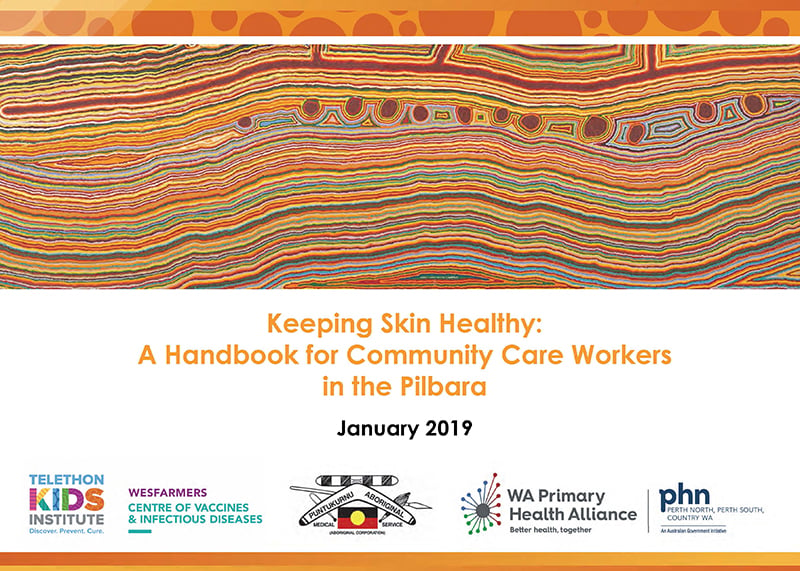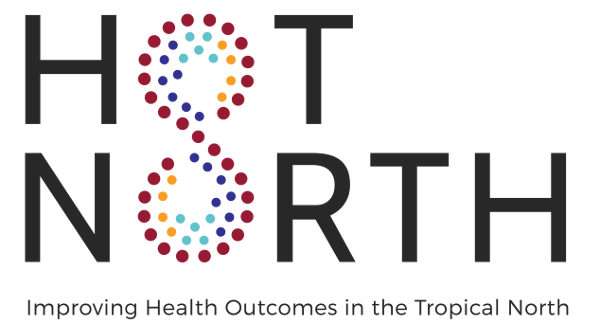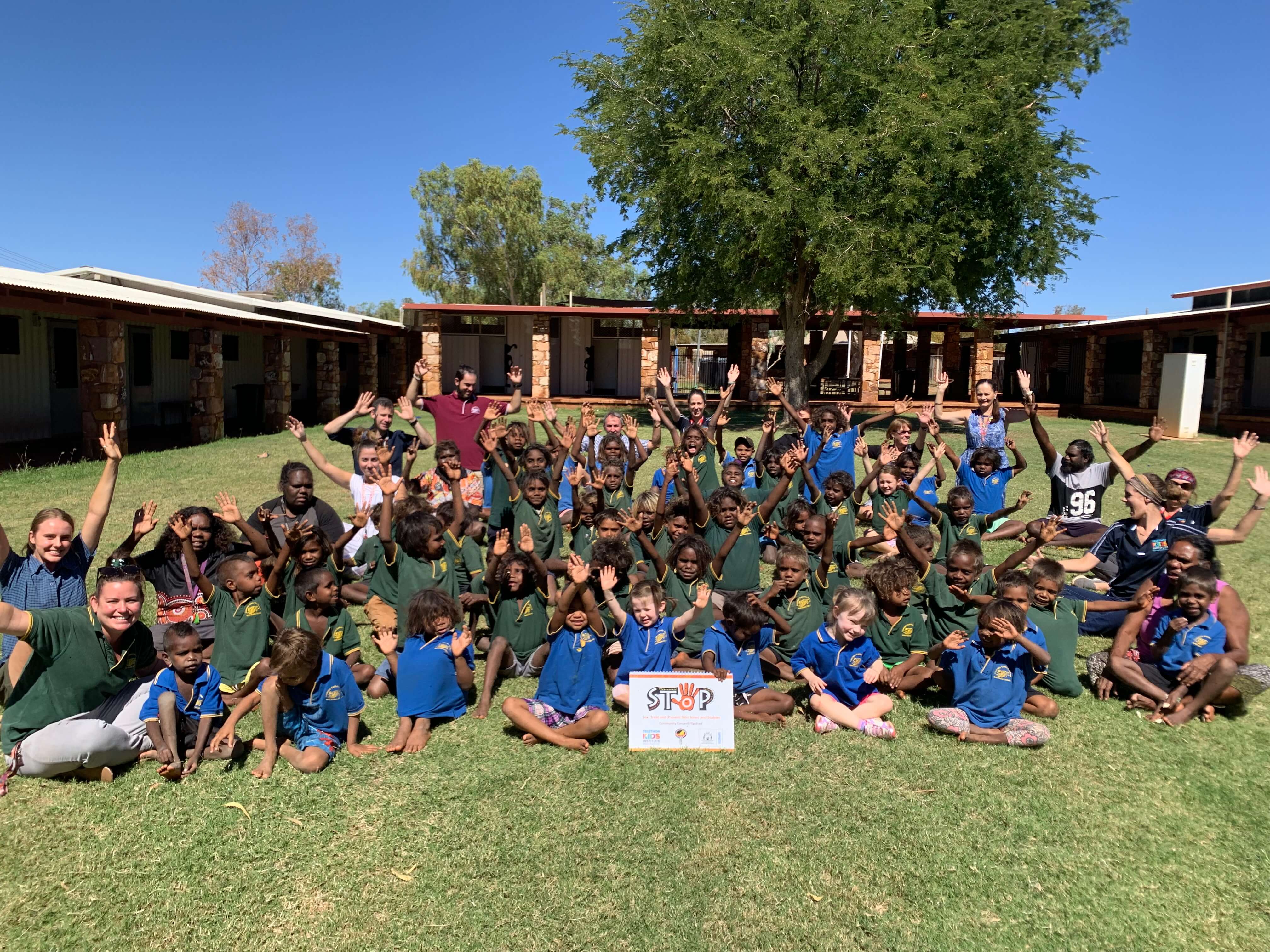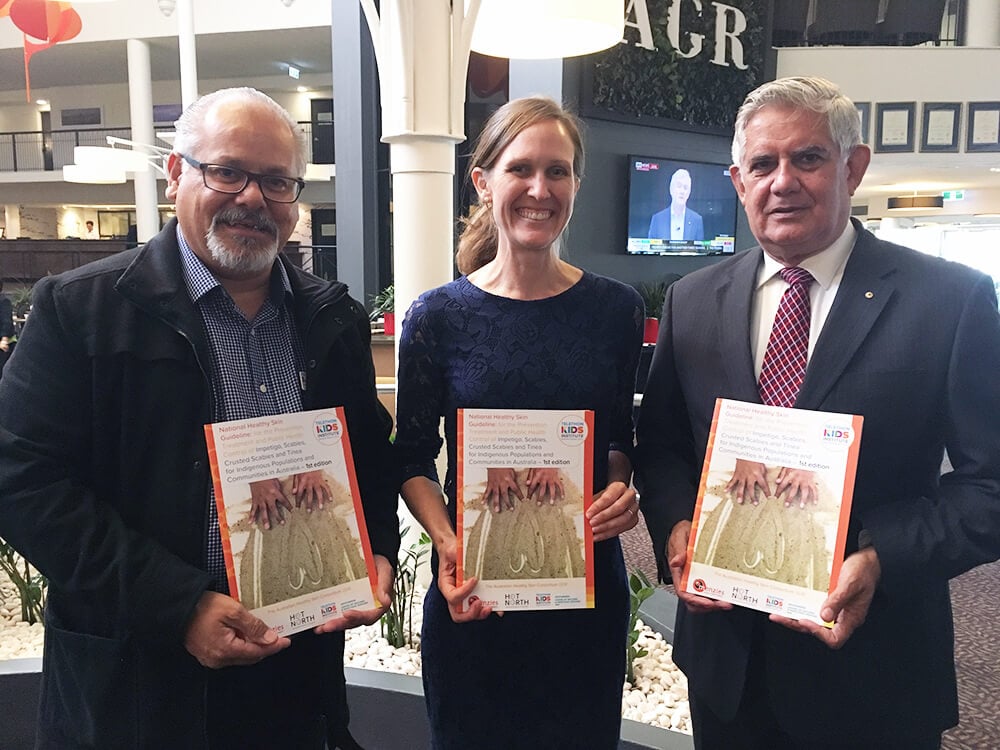Search
Research
Estimation of the force of infection and infectious period of skin sores in remote Australian communities using interval-censored dataPrevalence of impetigo (skin sores) remains high in remote Australian Aboriginal communities, Fiji, and other areas of socio-economic disadvantage. Skin sore infections, driven primarily in these settings by Group A Streptococcus (GAS) contribute substantially to the disease burden in these areas. Despite this, estimates for the force of infection, infectious period and basic reproductive ratio-all necessary for the construction of dynamic transmission models-have not been obtained.
Research
Spotting sporotrichosis skin infection: The first Australian paediatric case seriesThese data highlight the importance of recognising Sporotrichosis in children outside an outbreak setting
Research
SToP (See, Treat, Prevent) skin sores and scabies trial: study protocol for a cluster randomised, stepped-wedge trial for skin disease control in remote Western AustraliaSkin infection burden in remote Aboriginal communities can be reduced by the See, Treat, Prevent (SToP skin sores and scabies) trial

News & Events
Beating the bugs: a new resource helping to keep skin healthyA year after launching the first National Healthy Skin Guideline to address record rates of skin infections in Australia’s Indigenous communities, The Kids Research Institute Australia has released a new resource as part of the guideline.

News & Events
Port Hedland welcomes health experts from around AustraliaPort Hedland is hosting some of Australia’s most respected health researchers this week as they join forces with local health professionals to improve the health of people living in the tropical north of the country.

News & Events
Major grant empowers community voices to drive reduction in skin infectionsAboriginal community members throughout the Kimberley will take a lead role in driving healthy skin messages within their own communities thanks to a major funding boost to The Kids Research Institute Australia’s SToP Trial.

News & Events
National guideline to tackle record rates of skin infectionResearchers have developed the first National Healthy Skin Guideline to address record rates of skin infections in Australia’s Indigenous communities.
Research
Berrembi Jarragboo-Boorroo Wajawoorroo Men'Gawoom Gijam (Gija Healthy Skin Story): Two-Way Learning for Healthy SkinRemote-living Aboriginal children in Australia contend with higher rates of skin infections than non-Indigenous children. This work was embedded within a stepped-wedge, cluster randomised controlled trial aiming to halve the rate of skin infections in remote Kimberley communities. It outlines and reflects upon the co-development of a health promotion resource in partnership with the East Kimberley community of Warmun, whilst understanding community perceptions of its impact.
Research
Finding the optimal regimen for Mycobacteroides abscessus treatment (FORMaT) in people with Mycobacteroides abscessus pulmonary diseaseMycobacteroides abscessus (MABS) is within the non-tuberculous mycobacteria family. It inhabits soil and water, exhibits multi-antibiotic resistance and causes opportunistic lung infections, which may progress to symptomatic MABS-pulmonary disease (MABS-PD) associated with substantial morbidity, increased healthcare utilisation, impaired quality of life and increased mortality.

Research Theme
First Nations Health and EquityAboriginal health is everyone's business. The needs of Aboriginal and Torres Strait Islander families and kids is integrated into all relevant areas of our work. Improving the health and wellbeing of Aboriginal and Torres Strait Islander kids and families is an overarching priority for every team at The Kids.
